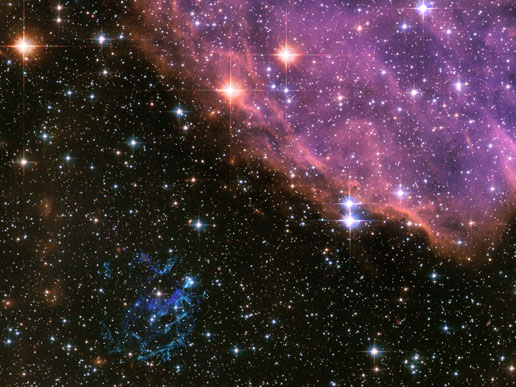|



|
|
Author
Index
M |
Walter
M Miller Jr |
|
Title
Index
A |
A
Canticle For
Leibowitz |
|
|
|
|
| Year |
1959 |
| Publisher |
Corgi
(Weidenfeld &
Nicholson) |
| ISBN |
0552094749 |
|
|
|
Synopsis
|
After
the Fallout, when
the Atomic Rain
had stopped, the
plagues and
madness
began. And
after that came
the Simplification
when the people -
those who were
left - turned
against the
rulers, the
teachers, the
scientists who had
turned the world
into a barren
desert. All
knowledge was
destroyed, all the
learned were
killed - only
Leibowitz managed
to save some of
the books that had
brought man to his
present impasse
...
And the monks
of the order of
Leibowitz
inherited the
sacred relics -
spent their lives
copying,
engraving,
interpreting the
holy fragments,
trying to save the
wisdom of the
ancients from the
destruction
threatened by a
barbaric and
medieval world ...
Twelve hundred
years after the
Fallout the
darkest of dark
ages has passed
and human
intelligence has
been reborn.
And in a monastery
cell the monks and
novices of the
Blessed Order of
Leibowitz pore
over the records
left by the Saint
- then, fearfully,
tentatively, they
begin to
experiment with
electric light ... |
|
|
|
| Review |
|
|
|
_______________________________________________________
 |
|
|
Credit:
NASA
|
|
Supernova
Remnant
In the
nearby
galaxy
known as
the Small
Magellanic
Cloud, a
massive
star has
exploded
as a
supernova
and begun
to
dissipate
its
interior
into a
spectacular
display of
colorful
filaments,
reminiscent
of
fireworks
display.
The
supernova
remnant (SNR),
known as
"E0102"
for short,
is the
greenish-blue
shell of
debris
just below
the center
of this
image from
NASA's
Hubble
Space
Telescope.
This
delicate
structure,
glowing a
multitude
of
lavenders
and peach
hues,
resides in
the upper
right of
the image.
Determined
to be only
about
2,000
years old,
E0102 is
relatively
young on
astronomical
scales and
is just
beginning
its
interactions
with the
nearby
interstellar
medium.
Young
supernova
remnants
like E0102
allow
astronomers
to examine
material
from the
cores of
massive
stars
directly.
This in
turn gives
insight on
how stars
form,
their
composition,
and the
chemical
enrichment
of the
surrounding
area. As
well,
young
remnants
are a
great
learning
tool to
better
understand
the
physics of
supernova
explosions.
The Small
Magellanic
Cloud is a
nearby
dwarf
galaxy to
our own
Milky Way.
It is
visible in
the
Southern
Hemisphere,
in the
direction
of the
constellation
Tucana,
and lies
roughly
210,000
light-years
distant.
|
|
NASA
Image of
the day
archive |
|
______________________________________________________
|
|



|

